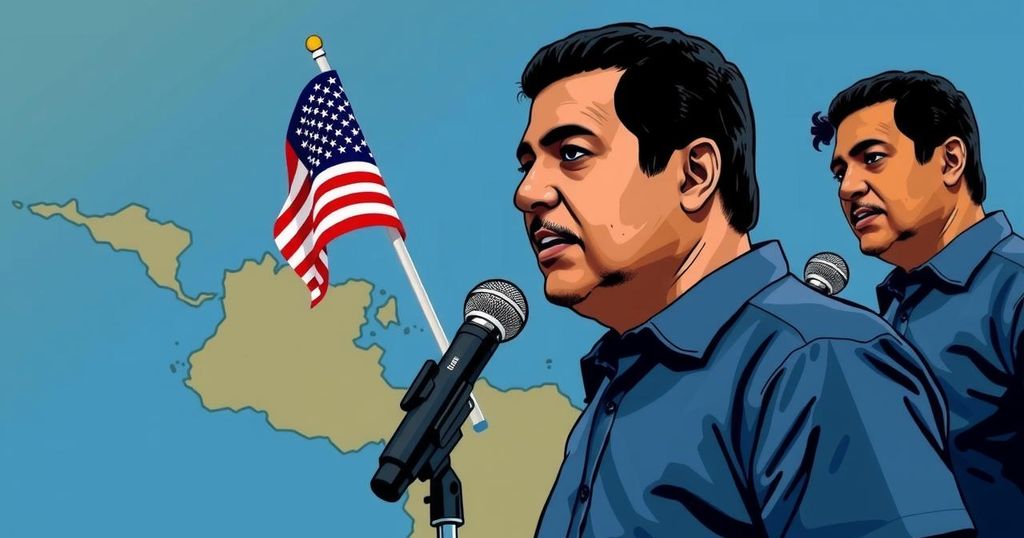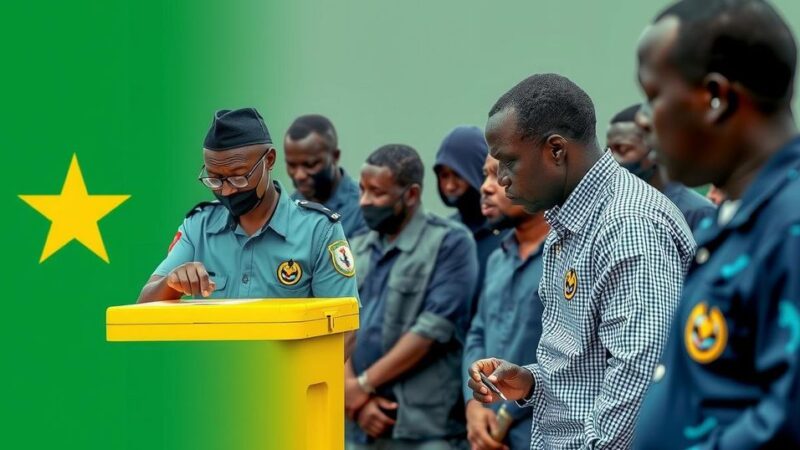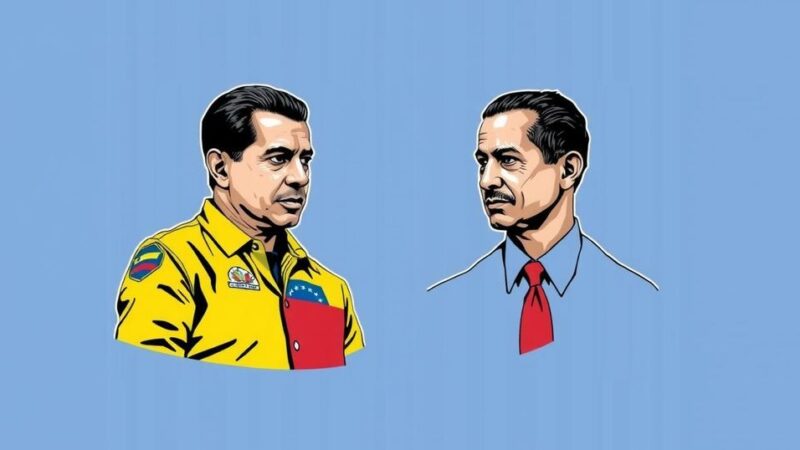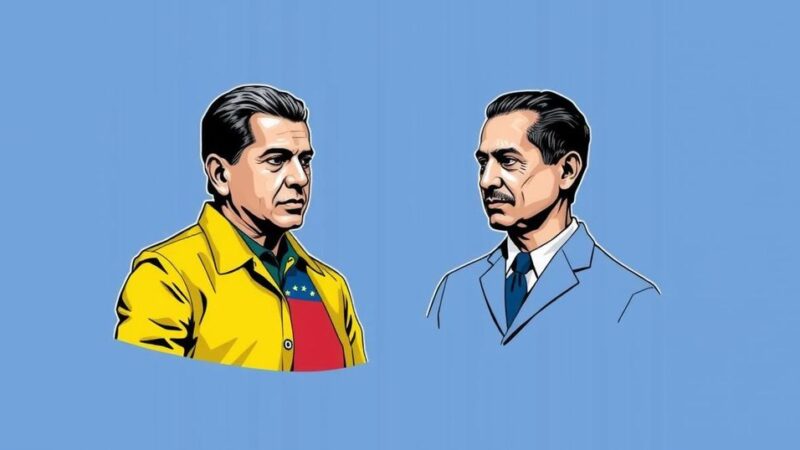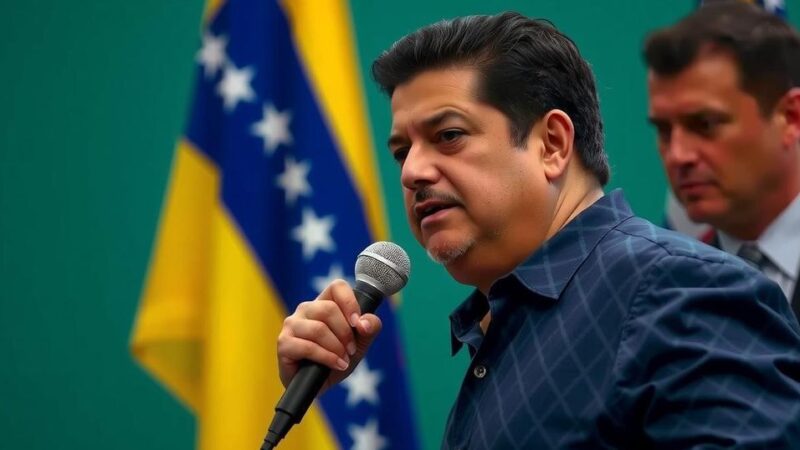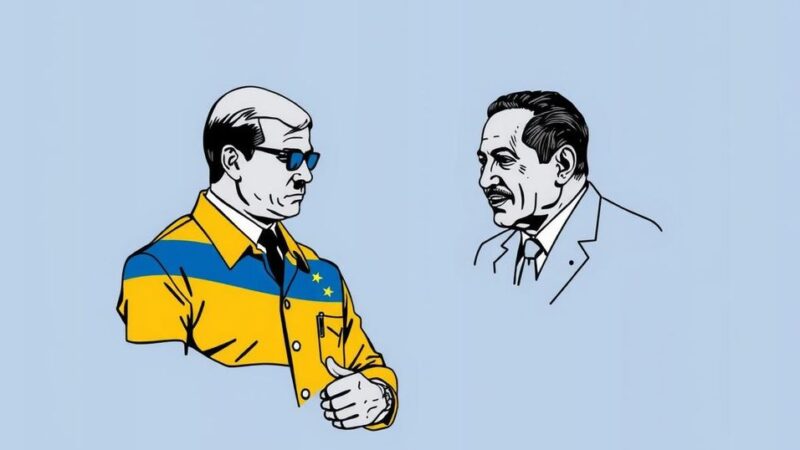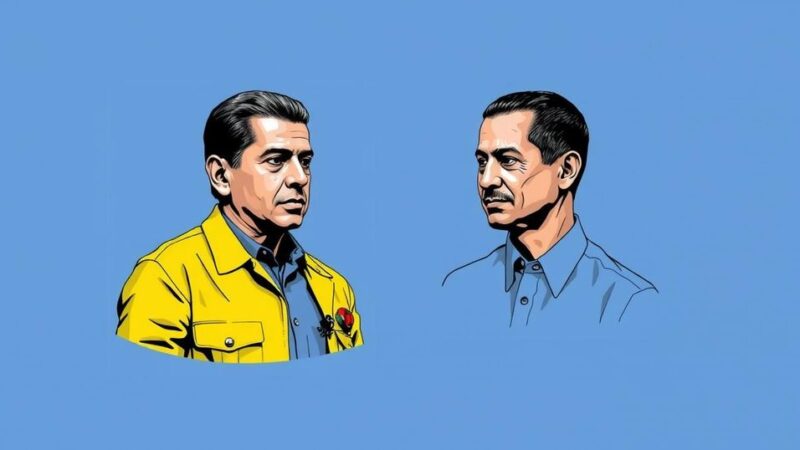The U.S. has sanctioned 21 more allies of Nicolás Maduro, accusing them of repression related to a disputed election. These sanctions coincide with the recognition of opposition candidate Edmundo González as “president-elect,” alongside visa restrictions for further identified individuals involved in the crackdown on dissent. The effectiveness of these sanctions remains uncertain as Maduro’s loyalists retain their grip on power.
The United States has intensified its pressure on President Nicolás Maduro’s administration by imposing sanctions on 21 more individuals identified as key allies. This action, announced by the Department of the Treasury, accuses these officials of participating in the repression of Venezuelan citizens following the controversial presidential election in July. The targeted individuals include high-ranking officials, such as the head of the country’s corrections agency and the director of an intelligence service, who are already among the numerous Venezuelans sanctioned previously in relation to human rights violations and electoral misconduct.
In a notable move, the Biden administration has officially recognized Edmundo González, an opposition candidate, as the “president-elect” of Venezuela. González, who fled the country under threat of arrest following claims of election fraud, contends he won the election by a significant margin. The U.S. also placed restrictions on additional individuals accused of supporting Maduro’s regime in its efforts to suppress dissent following the disputed election held on July 28. Despite the sanctions, the future impact on the Maduro administration remains uncertain, as those previously sanctioned continue to wield considerable power within the Venezuelan government.
Venezuelan lawmakers are currently deliberating a bill that characterizes economic sanctions as crimes against humanity. This proposal would allow for the prosecution of individuals who demonstrate support for such sanctions, reflecting the government’s stance against international pressures.
The situation in Venezuela has been increasingly turbulent, particularly following the disputed presidential election in July 2023 contested by Nicolás Maduro’s government and opposition figures. Allegations of widespread electoral fraud and human rights abuses have prompted international condemnation and sanctions, particularly from the United States. The U.S. aims to promote a change in governance through these sanctions, targeting key figures within the Venezuelan leadership accused of repressing the electorate and obstructing democratic processes. The political climate in Venezuela continues to be fraught, with exiled opposition leaders and global powers engaged in a complex struggle for influence and legitimacy.
The United States has extended its sanctions regime against Venezuelan officials, targeting additional individuals linked to human rights abuses following the disputed presidential election. This move underscores the Biden administration’s commitment to support the opposition while isolating Maduro’s government. However, despite these sanctions, the resilience of the regime’s structure raises questions about the effectiveness of such measures in driving political change.
Original Source: abcnews.go.com
